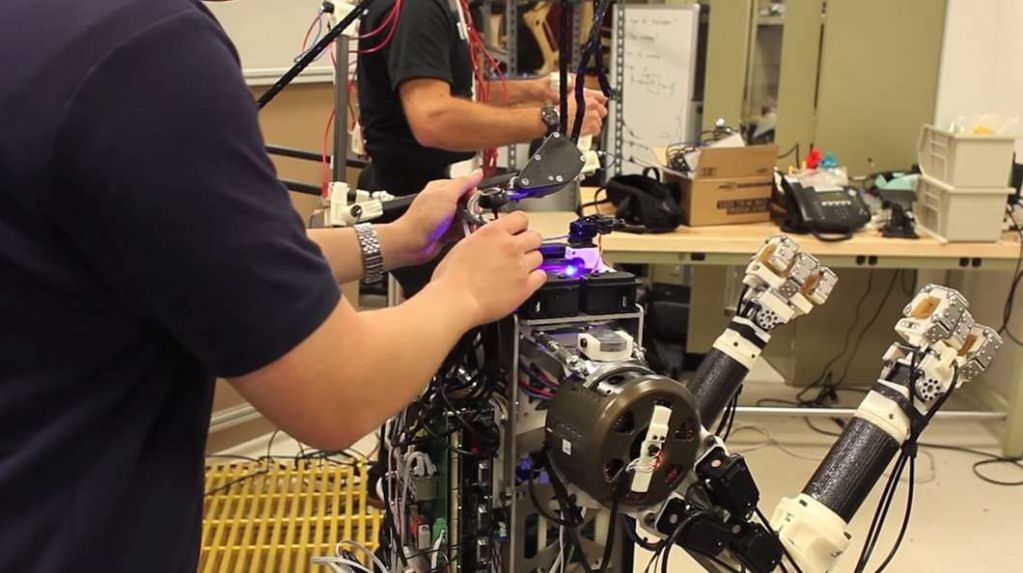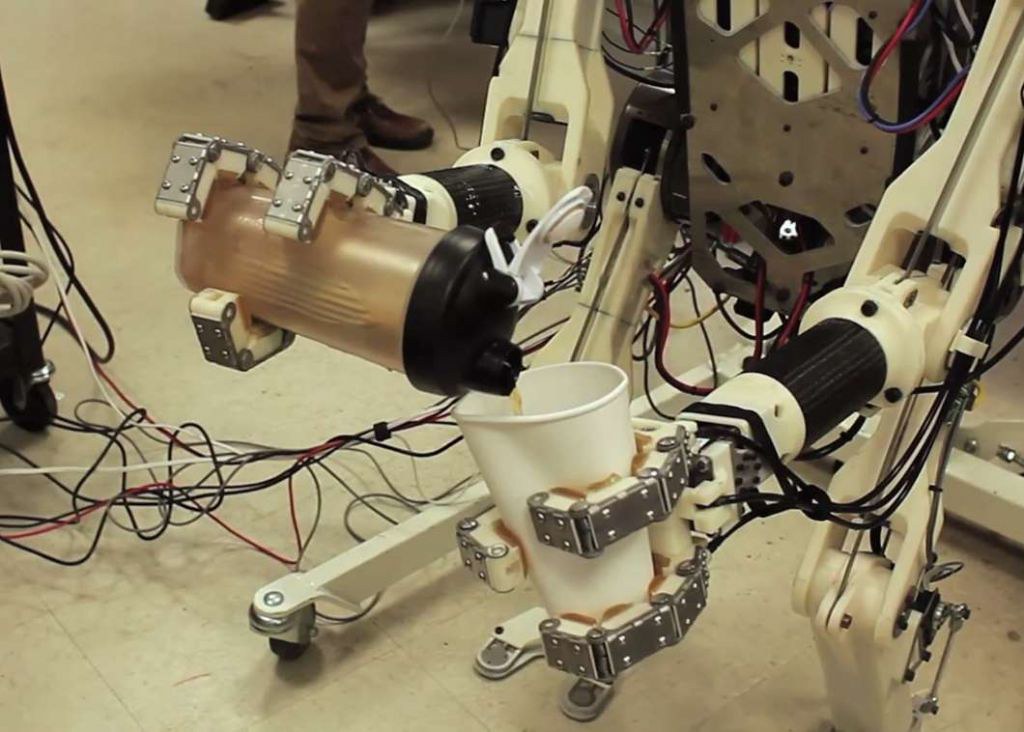
At present, scientists in the area of robotics research is developing very rapidly, even very difficult to identify innovations in the history of major milestones, but Hermes, developed by researchers from the Massachusetts Institute of technology's should be considered as the robot is an important step in the development process. IBM intelligent emergency management operations
Although Hermes was a completely robotic, but its actions and reactions are controlled by humans. It is understood that the Hermes the robot in real time feedback from it in terms of balance and positioning information, so that the human operator can adjust themselves according to the feedback of feet and body posture.
At present, keep legs straight is the humanoid faces a major problem, while Hermes real-time feedback provides a very appropriate solution. In other words, no matter how complex terrain walking or being pushed from behind hard, Hermes the robot can react like humans.
Another notable place is Hermes the robot's hands, it can only have 3 fingers robot power tools, such as soda cans picked up operation is complete, pour a cup of coffee does not really matter.

Human operator by manipulating the lever mounted on the Hermes robotic exoskeleton to implement for a robot to pick up items such as operations at the same time, it can be very sophisticated interaction with the surrounding environment, usually older robots is no way to achieve this goal.
In fact, by way of human operators to control the robot has a lot of advantages, because humans create after thousands of years of evolution, can have many advantages for robot operation, such as balance and strengthening the control of objects, and so on. And, on the other hand, human by robots went to some extreme environments are difficult jobs, such as natural disaster rescue and explore inhospitable planet and so on.
Hermes the robot manipulation process, a road ahead for the human operator to see robot glasses are the last major component of the control system as a whole. Whether it's trying to navigate through a series of rooms or picking up an object from the ground, humans can pass the glasses have some degree of understanding of robots to the surrounding environment.
PhD from the Massachusetts Institute of technology, Department of mechanical engineering Joao Ramos and Albert Wang led a research project in the future, they might add more intelligence to design concepts. Albert Wang told us: "human creativity, problem solving and coordination still has a lot of advantages, and we want to design a more powerful robot than a human, through human intelligence in robots and want to add some independent control functions. "
No comments:
Post a Comment